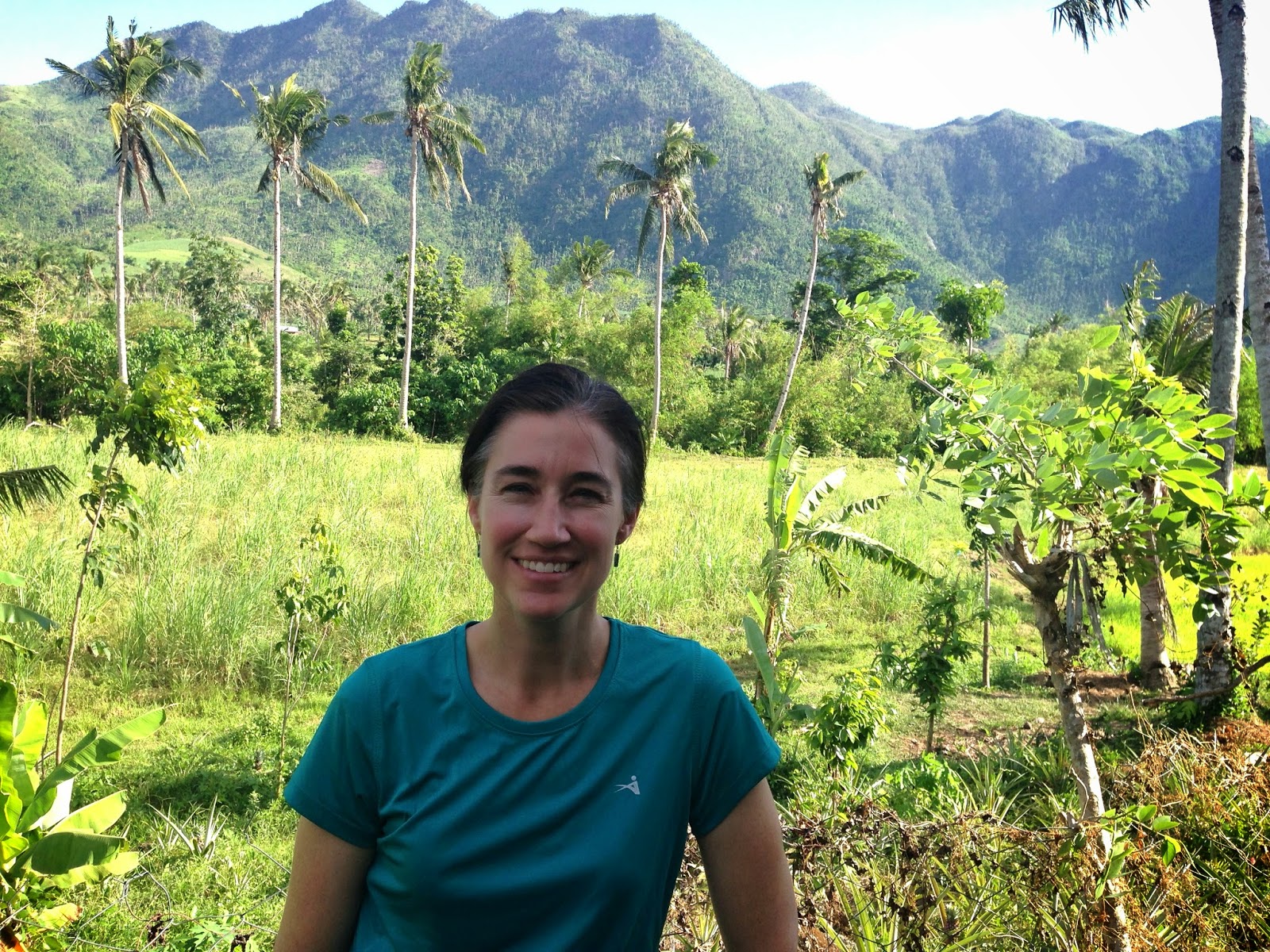We spent some time in the country…
...and some time in cities.
 |
| local bus |
 |
| People consider themselves lucky to have a tin roof instead of a roof made of bamboo leaves. |
We screened children ages of 6 months and 5 years for malnutrition. Malnutrition in children of these ages creates lasting physical and intellectual delay.
We weighed and measured the children, and then plotted their statistics on a growth chart to determine if the child was the 3rd percentile or less for his or her age.
Each screening lasted approximately 2 hours and involved anywhere from 30 - 200 children. We conducted 1-5 screening sessions per day, based on the time that we needed to travel between locations.
I discovered how many different things can be made of bamboo - everything from church buildings…
 |
| the bamboo church from the inside |
…to home-made basketball hoops.
Some church buildings looked more like this one. These church buildings stood in stark contrast to most other buildings in the area.
I also learned that most Filipinos smile quickly and say "thank you" easily.
Approximately 60% of the children who came to our screenings measured in less than 3rd percentile for height/weight and qualified for monthly nutritional supplements, micronutrients, and other forms of support.
On my way back to New Zealand, I rode in an airport shuttle-bus driven by a young man from South Korea. I mentioned that I had just read that North Koreans are an average of 4 inches shorter than South Koreans.
The shuttle-bus driver looked over at me, and in broken English said,
"Because North Korea….people eat….no enough."
Research shows that all basic differences in height among ethnic groups (the group, not the individuals within the group) would be erased in 2-3 generations if people had equal access to equal nutrition and sanitation.












No comments:
Post a Comment